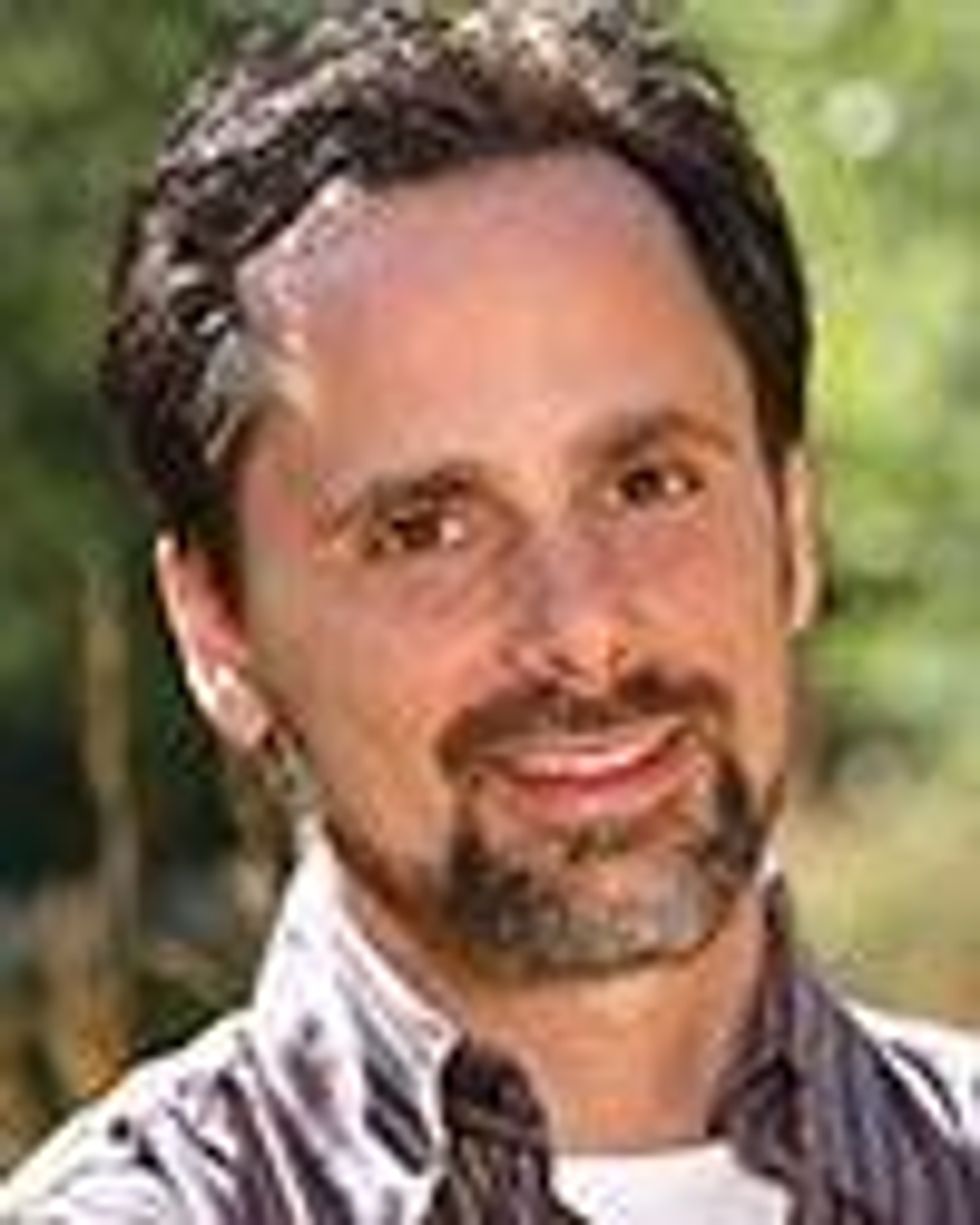
Our advice columnist on what happens after you check off "career" and "partner" from your to-do list.
March 01 2016 12:29 AM EST
By continuing to use our site, you agree to our Privacy Policy and Terms of Use.

Our advice columnist on what happens after you check off "career" and "partner" from your to-do list.
Dear Adam,
I have a great boyfriend, interesting job, cute dog, and enough money to buy most things I want. This is supposed to be gay heaven. And yet I'm not happy. I often feel like "Is this all there is?" Why can't I just appreciate all the good I have?
Signed,
Disappointed in Denver
Dear Disappointed in Denver,
You're not alone in these feelings. In fact, they are pretty common. But we rarely talk about it. If we do, we fear we'll sound spoiled.
There's a lot of research being done on happiness these days. We think what will make us most happy is a great job, a devoted boyfriend or girlfriend, and a beautiful apartment.
However, the research makes it clear that the strongest source of happiness is the feeling of being connected and part of a larger whole. That sounds old-fashioned. Like we should all be in church on Sundays. And the majority of LGBT people lost interest in religion a long time ago, especially when it became clear that we weren't welcome in most churches.
And yet the feeling of "Is this all there is?" persists. The soul is always urging us toward a larger life, whether we like it or not.
In some ways, asking the question "What else will make me happy?" is luxurious. It means that the more basic needs of money and love have been met. It's a good problem to have, but that doesn't mean it isn't a difficult and unsettling feeling, and it can cause depression and anxiety.
To answer the question you need to move beyond the central preoccupations of our culture. The loudest voices tell us that happiness is a matter of finding love, work, sex, and money. These four areas take up most of our time, plus there's a lot of good stuff to watch on cable and YouTube these days. So if you want to increase your happiness, I advise you to focus on what research tells us makes us most happy. And that means feeling connected to something bigger.
For most of us that means finding a group where we belong. And not just any social clique. I mean a group that is focusing on something bigger. The goal of the group could be community service, it could be improving our athletic or intellectual or artistic interests, or it could be about exploring spirituality.
If you want the biggest bang for your buck, pick a group that is helping others. The research is clear: It's one of the most powerful ways to increase your sense of fulfillment and happiness. It's easier to get started if you decide you are joining for your own benefit, rather than feeling like it's a sacrificial duty or you are a being goody-goody. Groups can be annoying. Members can fight, it can be hard to find parking at the meetings, and we're tired from work. And yet they provide an experience that can't be had elsewhere, and certainly can't be found sitting alone with our laptops. They provide the experience of connection and belonging. These used to be common human experiences back when everyone was stuck in their same boring town for generations.
We've left the dull, homophobic towns, but we've lost something in the process.
So even if it sounds corny or nerdy or dull, I urge you to keep exploring until you find your group that is focused on creating something together. Just type something you care about and the word "group" into Google and see what happens. It could take many months or years to find your people, but when you do, I think you will know greater happiness.

Charlie Kirk DID say stoning gay people was the 'perfect law' — and these other heinous quotes